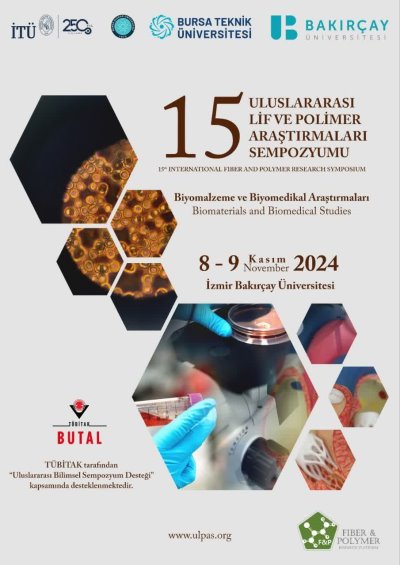0% Complete
Authors :
Keywords :
Abstract :
List of archived papers
Ahmetcan Gün - Azra Albayrak - Fatmanur Parın - Recep İlhan - Uğur Parın
Eralp DEMİRCAN - Yunus Furkan BAY
Suzana Djordjevic - Ferhan Gebes - Marija Kodric - Dragan Djordjevic
Melis Ercelik - Cagla Tekin - Busra Mutlu - Fatmanur Parin - Kenan Yildirim - Berrin Tunca
Elif Keskin - Mustafa Yılmaz - Nilgün Kızılcan - Nesrin Köken - Ahmet Akar
Ahmet ASLAN - Sümeyra OĞUZ
H.Çağdaş ASLAN - Hale BERBER - Yasemin BALCIK TAMER
Oğuz Kağan Ünlü - Handan Çalışkan



